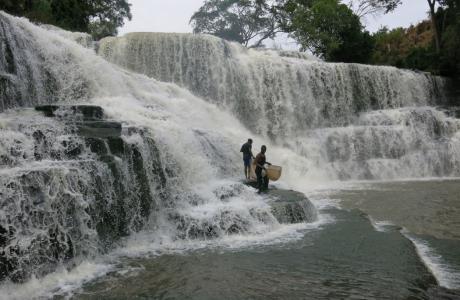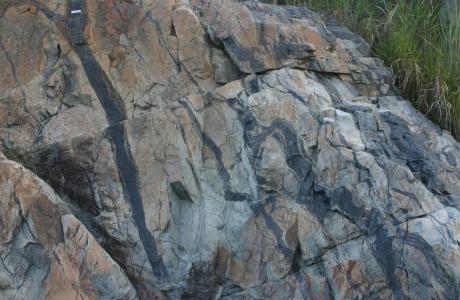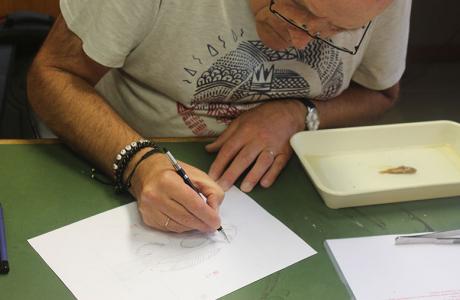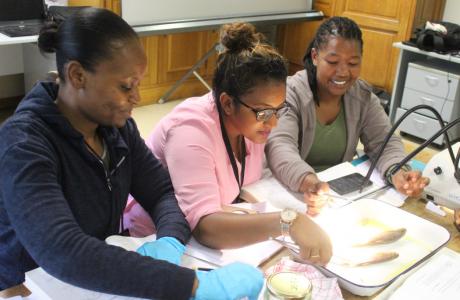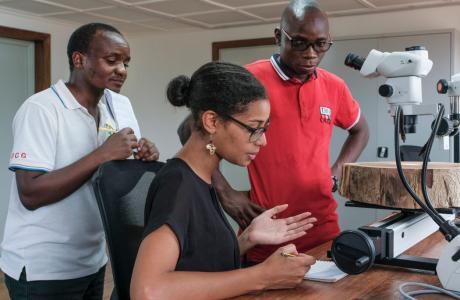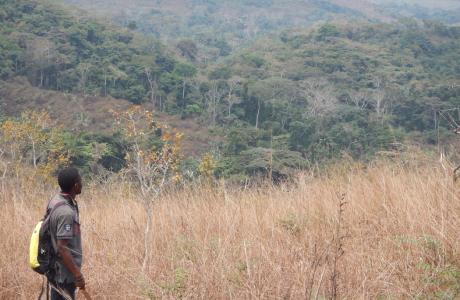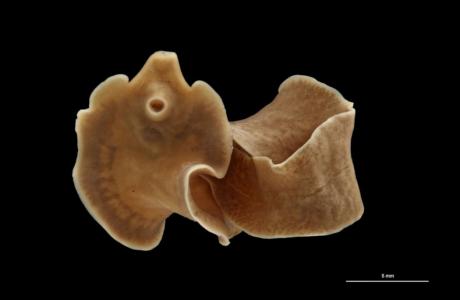Science news
- October 2019
With the help of eight stories, the book Citizen Science. Hoe burgers de wetenschap uitdagen shows different facets of community science. One of its three authors is Tine Huyse, a biologist at the Royal Museum for Central Africa.
- October 2019
The fifth edition of Uganda’s Nyege Nyege festival took place from 5 to 8 September 2019. Organized each year in Jinja, the festival features East African traditional and electronic music. RMCA musicologist Rémy Jadinon was there to study the ‘festivalization’ and ‘electronisation’ of traditional music.
- August 2019
In Upemba National Park in south DRC, researchers have identified a new fish species which shows a striking difference in colour between males and females. Protecting the rich and unique fish stock in the Congo basin, the world's second largest river basin, is a matter that calls for greater attention.
- August 2019
The Earth is the only planet in the solar system that has continents. How these continents came into being is a very debate unsolved question amongst scientists. An international team of researchers has now found the key: a basaltic source-rock enrichment in silica by interaction with seawater was the controlling factor of the continental growth between three to four billion years ago.
- August 2019
They’re not just pleasing to the eye, but are of great scientific importance too. When it comes to describing new animal species, good illustrations are indispensable. An interview with scientific illustrator Alain Reygel (RMCA).
- July 2019
Archives.Africamuseum.be provides a glimpse of the museum’s collection of archives. There, a database gives site visitors access to descriptions of the contents of the RMCA historical archives.
- June 2019
Each year, the RMCA organizes a three-month training course on fish taxonomy and the use of FishBase for five African researchers. In a milestone, four of this year’s five participants are women.
- April 2019
A new wood biology laboratory in the Yangambi Biosphere Reserve will be used by Congolese and international scientists to conduct top-notch research on wood anatomy and dendrochronology to better understand forests’ contribution to climate change mitigation and adaptation.
- April 2019
Artificial savanna naturally turns into tropical rainforest when annual burning regimes are discontinued. A boost to carbon storage and biodiversity.
- March 2019
A tiny North American freshwater snail, found in large numbers in Lake Kariba (Zimbabwe), can fuel the spread of infectious diseases. Artificial lakes are especially vulnerable to invasive species, which travel the world thanks to globalization.


